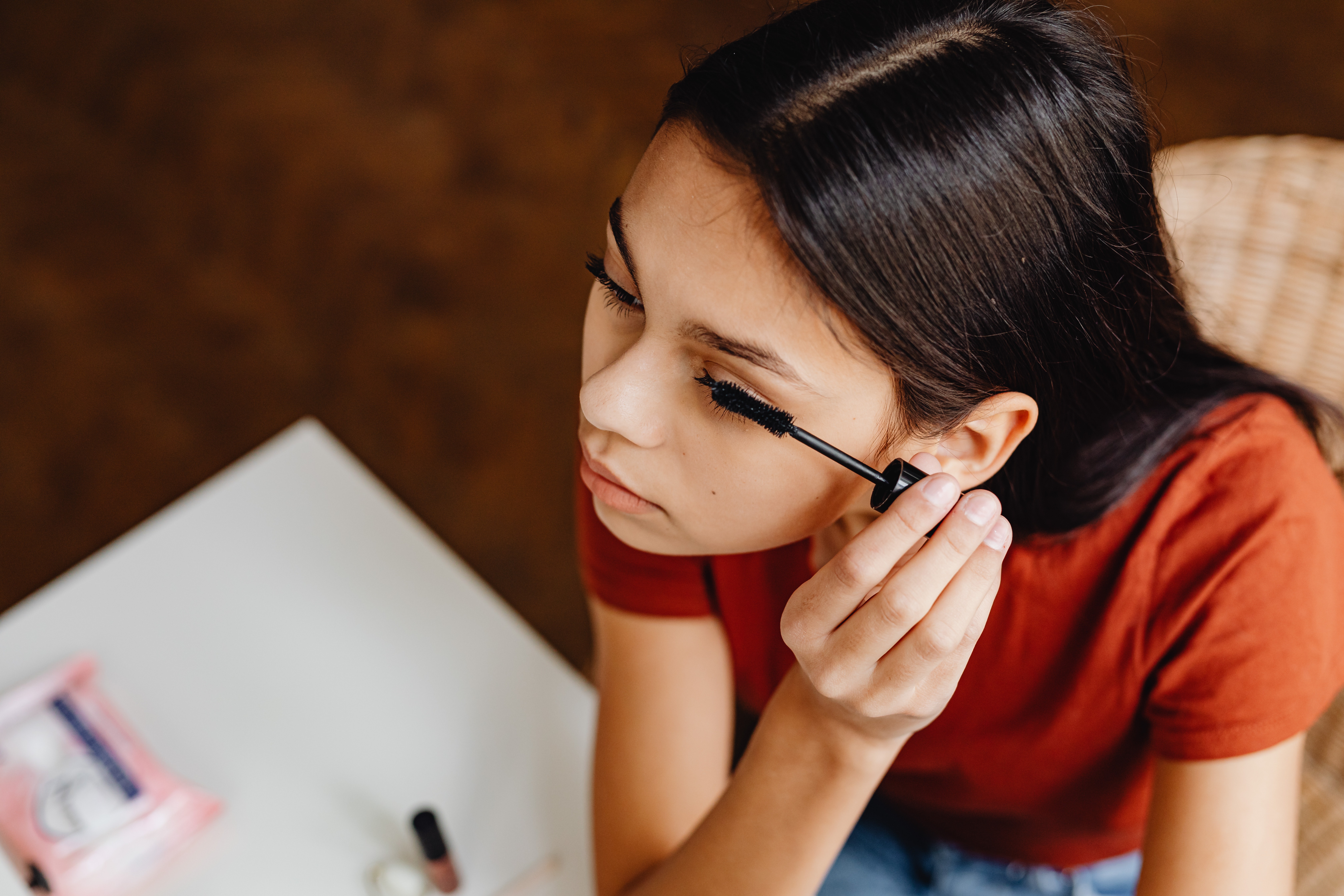
“Riley? Riley… RILEYYYY!!” “MOM, why are you YELLING?” “Because you aren’t ANSWERING ME!!” Sound familiar? Does it seem like your teen has her ears stuffed with cotton? What about when it’s her friends talking to her? They have her undivided attention, right? Your teen’s selective hearing can drive you bonkers…
What is this? Is it just rebellion? A breakdown of respect?
It turns out there’s a neurobiological change that happens in your teen’s brain that results in their “selective” hearing. Before puberty, they’re hardwired to recognize their mother’s voice amidst other voices. They associated that voice with nourishment, as well as social and language learning. The sound of that familiar and important voice lights up multiple parts of the child’s brain.
But all that changes at puberty.

Get this: A study conducted at Stanford University delved into this phenomenon to better understand it. Led by Daniel A. Abrams, Ph.D., and Vinod Menon, Ph.D., they set out to learn more. After discovering in previous years that children 12 years old and younger can recognize mom’s voice with a 97% accuracy, they wondered: what about older kids? They also saw that mom’s voice set in motion multiple brain areas. Functional brain imaging scans allowed researchers to visualize them.
Brain regions like the reward centers, emotion processing areas, and the auditory cortex were activated. (The job of the auditory cortex is simply to process sound.) Of particular import were brain networks that give a person the ability to differentiate when information introduced is particularly worthy of attention. That’s the key.
For an infant, the mother’s voice signals nourishment, comfort, language and social learning.
These researchers set out to build on this previously discovered information. If an infant needs to focus primarily on mother’s voice for survival and development, what happens when a child reaches adolescence?
Needs change. Survival depends on other needs being filled.
In the new study, they compared responses to auditory tests of children under 13, to those 13-16. The latter group is in an age of transition, when a dependent child grows toward adulthood. To achieve that independence, his prowess at reaching out to others outside his family must be developed.

Because of that, he experiences a shift in who he’s drawn to focus on. (And he’s not even aware of it. Nature just flips the switch.) Researchers discovered that the process of becoming independent is initiated by a subconscious biological signal. This turns on a teen’s ability to connect socially outside his family. He becomes more and more attracted to the unfamiliar voices of potential friends and companions. He wants to be in their company and spend time together. As a result, he becomes socially skilled outside his family.
As disrespectful as this “selective hearing” may seem, it’s actually a vital and normal part of teen growth and development, when everything else is normal.
However, sometimes there are other circumstances that complicate the teen’s “selective” type of hearing. Adolescent depression is an example. When a teen is depressed, he may not feel much like responding, especially to someone in his family. That’s a symptom all its own and can complicate the neurobiological shift in focus a teen experiences toward those outside his family.
The first step in communicating with your teen comes in recognizing that as much as he needs you until he’s ready to make his own home and take care of himself, he also needs to safely transition to that independence.
That can be a painful process for both parent and teen. But if you, as parent, can recognize that his instincts to pull away are biologically based, you can better guide him patiently to take those steps toward independence, safely. Allowing his maturity to catch up with each new stride.
The second step is to be informed and familiar with symptoms of psychiatric disorders that can seriously complicate the process. And if those symptoms emerge, you’ll be there to help him find the treatment that can make all the difference for him.
For disorders like treatment resistant depression, bipolar depression, PTSD, social anxiety, panic attacks, and symptoms like suicidal thinking, IV ketamine treatment can restore, renew, and give him hope. It can stop suicidal thoughts in an afternoon. It can help your teen move forward with building his life, engaging with friends, and performing in school.
These symptoms can interrupt your teen’s development, but ketamine can set him back on solid ground.
If your teen exhibits symptoms beyond just selective hearing, or if you struggle with symptoms of your own, call us.
Get the help your teen and your family need to enjoy resilience and balance.
And you can get back to the “simple job” of patient, loving support and guidance as he grows into the future ahead for him.

To the restoration of your best self,

Very interesting information on many issues.